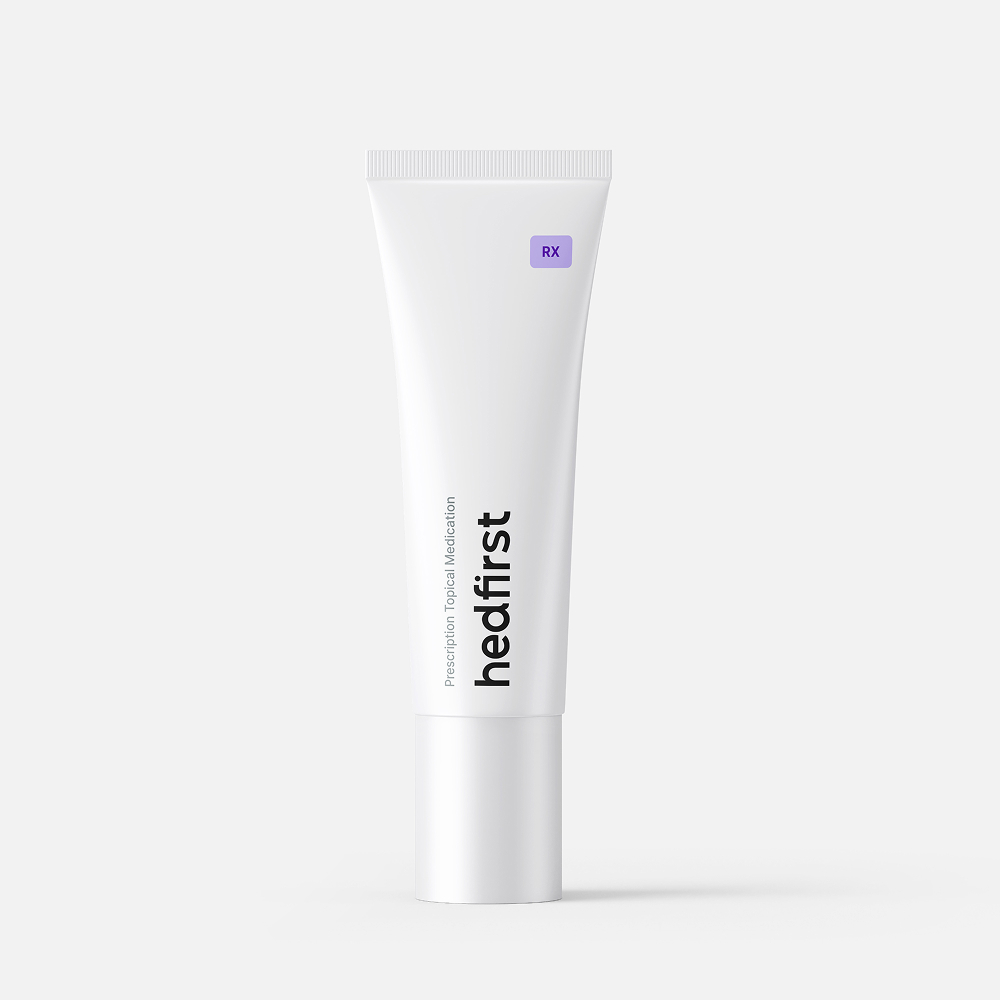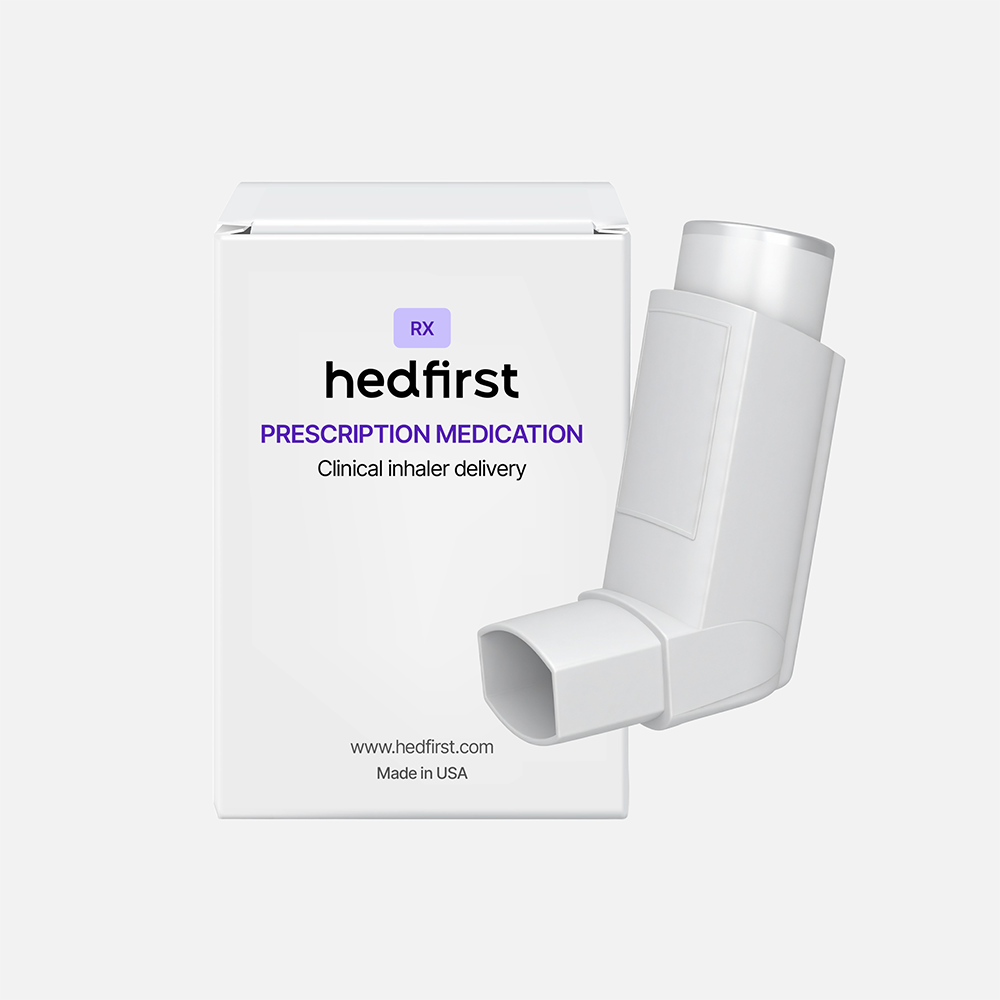Wound infection treatment
Infected wounds require prompt evaluation and treatment to prevent spread and promote healing. Management includes wound care, antibiotic therapy, and monitoring to ensure proper healing and prevent complications.
Get wound infection care
Food poisoning support
Food poisoning from contaminated food causes nausea, vomiting, diarrhea, and abdominal cramping. Management focuses on hydration, symptom control, and identifying severe cases requiring specific treatment while preventing dehydration.
Get food poisoning care
Antifungal treatments
Fungal infections affecting skin, nails, or mucous membranes require targeted antifungal therapy based on infection type and location. Treatment duration and selection depend on the specific fungus and infection severity for optimal outcomes.
Get antifungal treatment care
Cold sore treatment
Cold sores (oral herpes) cause painful blistering lesions around the mouth caused by herpes simplex virus. Early antiviral treatment reduces lesion duration and pain while preventing transmission to others.
Get cold sore care
Antibiotic therapy
Bacterial infections require appropriate antibiotic selection based on likely pathogens, infection site, and patient factors. Proper antibiotic use ensures effective treatment while preventing resistance and minimizing side effects through evidence-based prescribing.
Get antibiotic therapy care
Shingles treatment
Shingles (herpes zoster) causes painful blistering rash along nerve pathways, typically affecting older adults or immunocompromised individuals. Early antiviral treatment reduces pain duration and prevents complications like post-herpetic neuralgia.
Get shingles treatment care
Allergy flare management
Allergic reactions including hay fever, food allergies, and environmental allergies cause symptoms ranging from mild itching to severe reactions. Management includes antihistamines, avoidance strategies, and emergency protocols for severe reactions.
Get allergy flare care
Migraine acute treatment
Acute migraine episodes require prompt treatment to stop pain and associated symptoms including nausea, light sensitivity, and functional impairment. Rapid intervention with appropriate medications prevents progression and reduces episode duration.
Get acute migraine care
Mononucleosis support
Infectious mononucleosis, often caused by Epstein-Barr virus, causes extreme fatigue, sore throat, swollen lymph nodes, and fever. Supportive care and activity modification help manage symptoms while preventing complications during recovery.
Get mononucleosis care
Yeast infections
Yeast infections are fungal overgrowths commonly affecting the vaginal area, causing itching, discharge, and irritation. Treatment includes antifungal medications and preventive strategies to eliminate infection and prevent recurrence through targeted antifungal therapy.
Get yeast infection care
Pneumonia evaluation
Pneumonia involves lung infection causing cough, fever, shortness of breath, and chest pain. Early evaluation and appropriate antibiotic treatment for bacterial pneumonia prevents complications and promotes recovery through targeted antimicrobial therapy.
Get pneumonia evaluation care
Gastroenteritis management
Viral or bacterial gastroenteritis causes nausea, vomiting, diarrhea, and abdominal cramping. Management focuses on hydration, symptom control, and identifying cases requiring antibiotic treatment while preventing dehydration and complications.
Get gastroenteritis care
Conjunctivitis treatment
Conjunctivitis (pink eye) involves inflammation of the eye's outer membrane, causing redness, discharge, and irritation. Treatment depends on viral, bacterial, or allergic causes through appropriate medications and supportive care.
Get conjunctivitis care
Bronchitis treatment
Acute bronchitis involves inflammation of the bronchial tubes, causing persistent cough, mucus production, and chest discomfort. Most cases are viral and resolve with supportive care, though bacterial infections may require antibiotic treatment.
Get bronchitis treatment care
Ear infections
Ear infections affecting the outer or middle ear cause pain, pressure, and sometimes hearing changes. Treatment addresses bacterial or viral causes through appropriate medications and pain management while monitoring for complications.
Get ear infection care
Bacterial vaginosis
Bacterial vaginosis is a common vaginal infection caused by an imbalance in natural bacterial flora, leading to characteristic discharge and odor. Treatment involves antibiotic therapy to restore healthy bacterial balance and prevent complications.
Get bacterial vaginosis care
Bacterial skin infections
Bacterial skin infections including cellulitis, impetigo, and infected wounds require prompt antibiotic treatment to prevent spread and complications. Early intervention through virtual assessment and appropriate antimicrobial therapy ensures effective healing and prevents serious complications.
Get bacterial skin infection care
Upper respiratory infections
Upper respiratory infections including the common cold, sinusitis, and viral infections cause congestion, cough, sore throat, and fatigue. Most resolve with supportive care, but bacterial infections may require antibiotic treatment through proper evaluation and symptom management.
Get upper respiratory care
Strep throat
Strep throat is a bacterial infection caused by Group A Streptococcus, causing severe sore throat, fever, and swollen lymph nodes. Prompt antibiotic treatment prevents complications and reduces contagious period while providing symptom relief.
Get strep throat care
Urinary tract infections
UTIs are bacterial infections affecting the bladder and urinary system, causing painful urination, urgency, frequency, and sometimes fever. Prompt antibiotic treatment prevents complications and provides rapid symptom relief through appropriate antimicrobial therapy.
Get UTI treatment care












